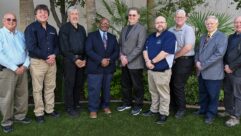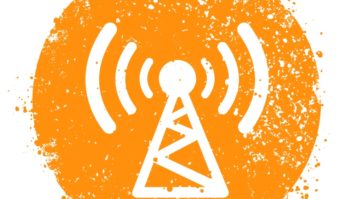The FCC is siding with a low-power FM radio broadcaster in its decision to prevent an FM translator from changing markets.
WFNU(LP), which is licensed to St. Paul, Minn., objected to Hubbard Broadcasting moving a translator license from Bemidji, Minn., into the Twin Cities of Minneapolis/St. Paul, Minn., to relay programming of its KTSP(AM).
The FCC, in a letter released last week, said it was dismissing Hubbard’s application for the move after WFNU submitted sufficient documentation from listeners that certified they live, work and travel within the 60 dBu contour of the proposed translator. “Since the petitioner has demonstrated that there are listeners within the proposed 60 dBu contour of K235BP, the application is dismissed,” the FCC said in its decision, signed by James Bradshaw, deputy chief of the FCC’s Audio Division.
The FCC’s letter, which named Robert Gates as the FCC processing engineer, specifically mentions section 74.1204 of the FCC’s rules. “In order to provide convincing evidence under Section 74.1204 that grant of the translator construction permit will result in interference of reception of an existing full-service station, an opponent must provide, at a minimum: (1) the name and specific address of each listener for which it claims credit; (2) some demonstration that the address of each purported listener falls within the 60 dBu contour of the proposed translator station; (3) some evidence, such as a declaration from the claimed listeners, that the person listens to the full-service station at the specific location; (4) evidence that the grant of the authorization will result in interference to the reception of the desired station at that location,” according to the FCC’s letter of dismissal.
LPFM advocate Michelle Bradley says FM translators are required by the FCC to protect LPFM stations. “The FM translator’s interfering contours — co-channel and first-adjacent channels only — cannot overlap into the protected contour of an LPFM station,” Bradley said. “In the Minneapolis case, the LPFM identified listeners within the translator’s proposed protected contour and the FCC applied §74.1204.”
The FCC has been asked to rethink its FM translator interference rules and policies and is considering several rulemaking proposals to modify Sections 74.1203 and 74.1204 so that interference complaints by distant full-power radio stations against a fill-in translator from outside a local radio market cannot result in the translator being removed from the air.
FM translators are considered secondary services and are typically forced to leave the air until interference complaints with full-time stations can be resolved.











